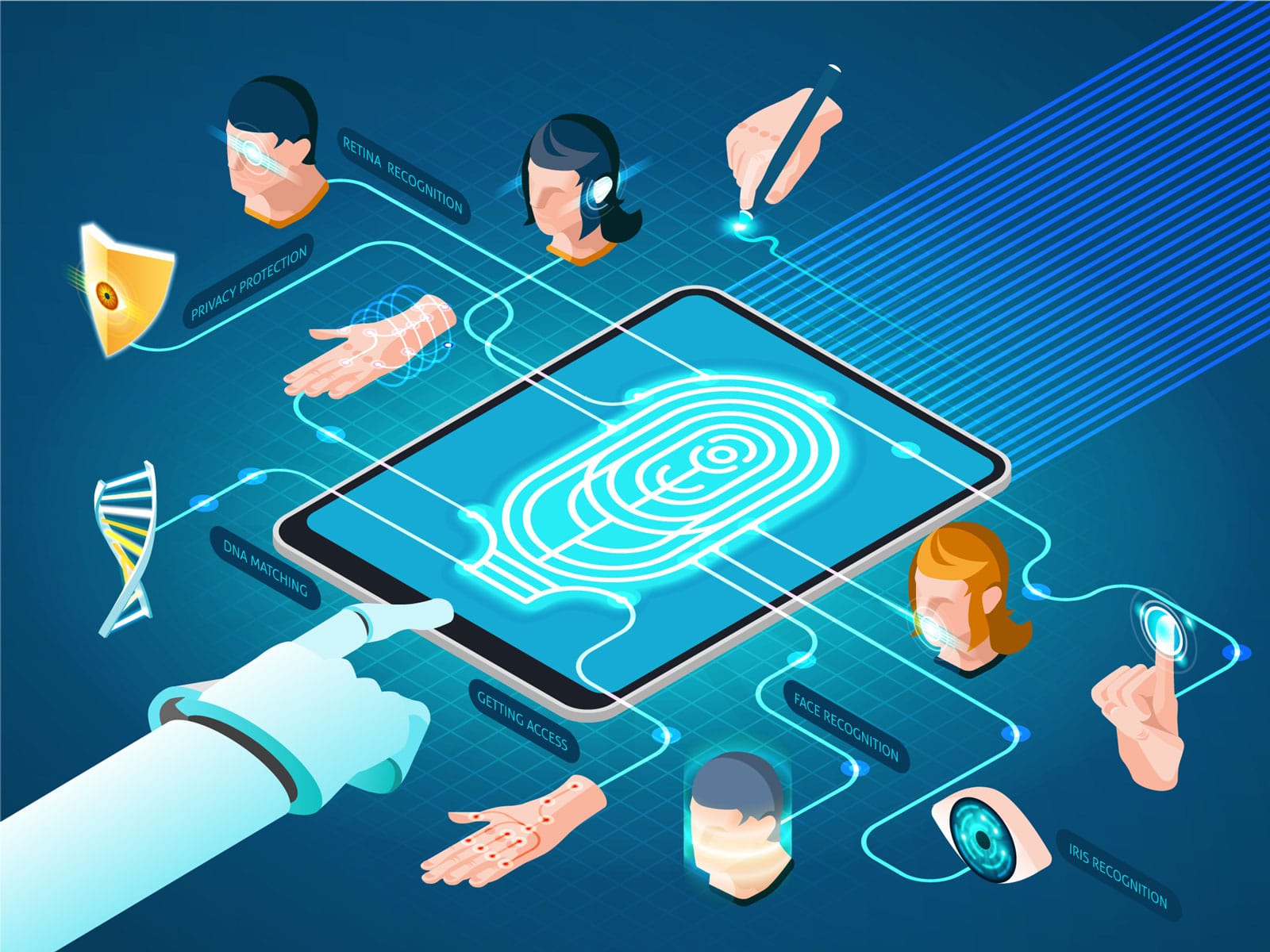
These days, identity theft and data breaches are very common. As we use more digital technology, traditional methods of authentication like passwords and PINs are not secure enough to protect our personal information. This is where biometric authentication can help.
Biometric authentication uses unique physical characteristics, such as fingerprints, facial recognition, and iris or retina scans, to verify a person’s identity. Unlike passwords and PINs, biometric data cannot be stolen or hacked, making it a more secure way of authentication.
The importance of biometric authentication in identity security is very high. With biometric authentication, the risk of identity theft and fraud is much lower, as an attacker would need physical access to a person’s biometric data to compromise their identity. This is much harder than stealing passwords or PINs, which can be done remotely.
Biometric authentication is also more convenient for users. Instead of having to remember complex passwords or carry physical tokens, users can simply use their own unique physical characteristics to access their devices, systems, and applications. This can save time and increase productivity, especially in workplaces where employees need to access multiple systems throughout the day.
Another advantage of biometric authentication is that it can help prevent “insider threats.” Insider threats are security risks posed by employees or contractors who have access to sensitive data or systems. With biometric authentication, organizations can ensure that only authorized personnel have access to sensitive data and systems, reducing the risk of data breaches and other security incidents.
However, it is important to note that biometric authentication is not perfect and can be vulnerable to certain types of attacks, such as presentation attacks, where an attacker uses a fake biometric sample to impersonate a legitimate user. Therefore, it is important to use additional security measures, such as multi-factor authentication, to enhance the overall security of a system.
In conclusion, biometric authentication is the future of identity security. As we continue to use more digital technology, it is important to use secure and convenient methods of authentication to protect our personal information. Biometric authentication provides a more secure and convenient way to access our devices, systems, and applications, while also reducing the risk of data breaches and other security incidents.